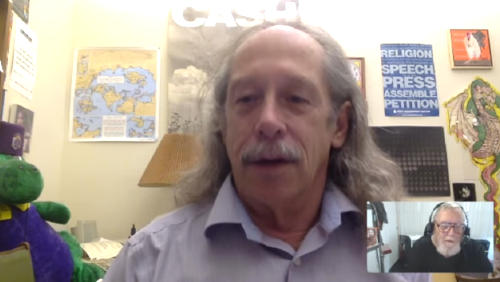Also included: Libreboot leaves GNU, municipal broadband law proposed, Linux’s second 25th birthday, a new distro release, Vim and Emacs both get upgrades, Google’s hack challenge and Oracle can’t catch a break.
FOSS Week in Review
Yesterday I got a look at some decidedly old tech: Rope beds, pewter being made by hand, ceramic wood burning stoves, a bit of blacksmithing — all at Bethabara, which is a preserved 18th century village that had been established by German Moravians, who were the first settlers around these parts. Fascinating. The event was the annual Apple Fest, with plenty of local orchards offering every variety of apple imaginable, as well as about any kind of food prepared with apples.

Christine Hall has been a journalist since 1971. In 2001, she began writing a weekly consumer computer column and started covering Linux and FOSS in 2002 after making the switch to GNU/Linux. Follow her on Twitter: @BrideOfLinux

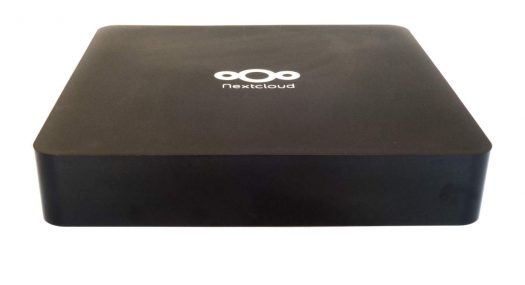
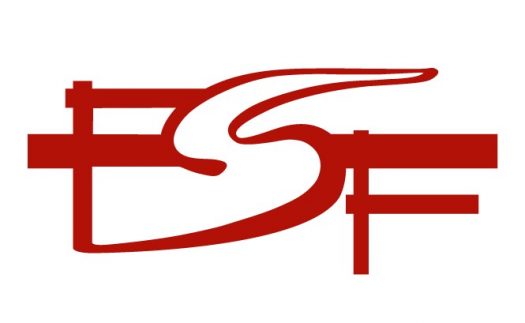
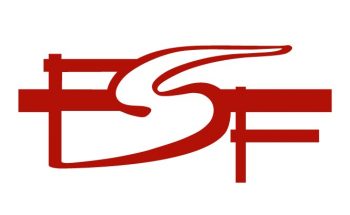 Friday afternoon after we published our report, Richard Stallman, founder and president of FSF, posted a brief,
Friday afternoon after we published our report, Richard Stallman, founder and president of FSF, posted a brief, 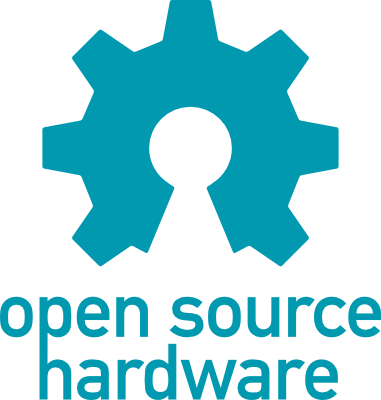
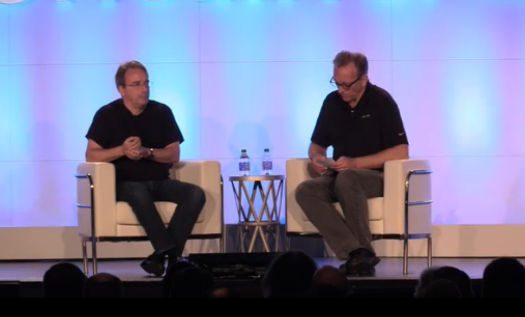
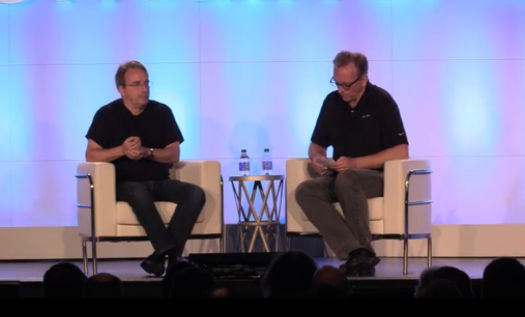
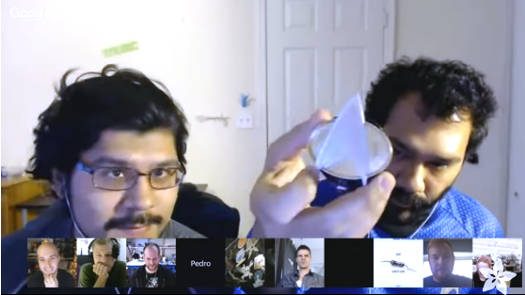


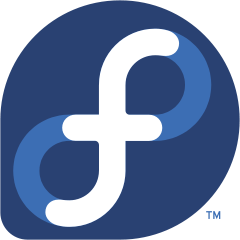
 Better Fedora laptop support on the way: Red Hat has made an announcement that should eventually have a positive effect throughout all Linux distros. Today we learned from
Better Fedora laptop support on the way: Red Hat has made an announcement that should eventually have a positive effect throughout all Linux distros. Today we learned from 